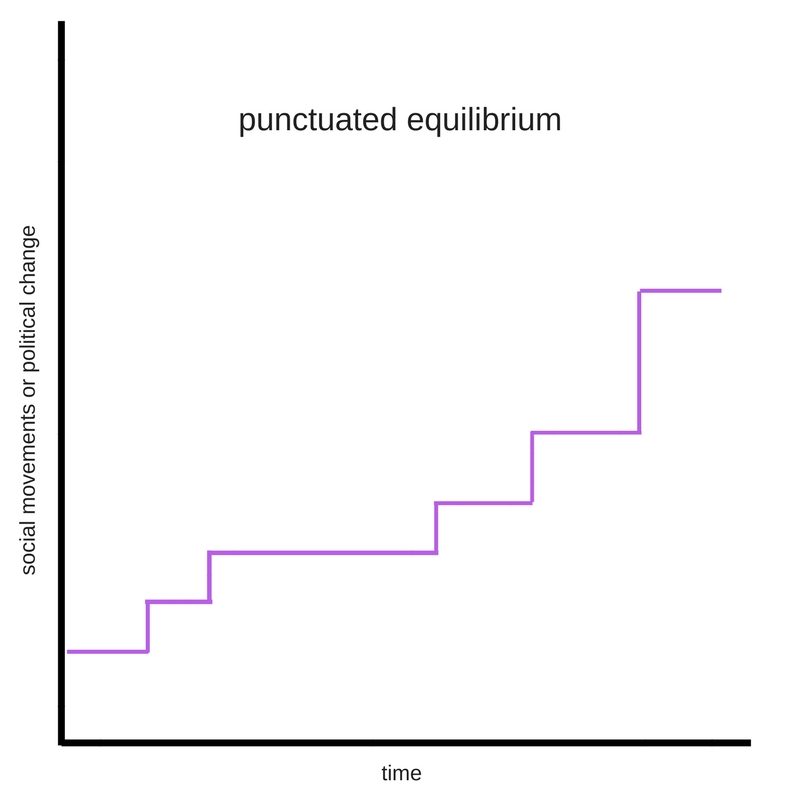If you're interested in implementing your own oral history project about your experiences at Chico State to deposit in the University Archives, here are some useful resources.
Each oral history interview and project is going to have some research involved. It is best to start by brainstorming then outlining the goals for the project:
- What do you envision as the outcome of your project?
- What does your group/ organization/ class have as a vision?
- Has the group being researched been involved in the envisioning or goal making process?
- Is the oral history project the outcome or one component of a larger project?
- Is the oral history a tool to help you obtain another outcome?
- How will this oral history project help the community being researched or documented?
Choosing interviewers and interviewees can be a determining factor in the success of your oral history project. If the interviewer is an “insider” who is familiar with the community being researched and the historical issues, they may have already gained interviewees respect and trust. However, insiders already know many of the internal politics, and neglect to broach those topics, which might be important to include in the oral history narrative. Insider interviewers have a vested interest in the goals of the oral history project and may unconsciously biased by internal group politics. Insider interviewers may lack the patience to allow the interviewee to tell their story in their own way, rushing the process or manipulating questions to get to what they believe is the “important” part of the narrative.
In contrast, outsider interviewers, who are not from the community being documented, may need additional explanation to understand the historical issues. Outsider interviewers are free of any internal group politics. However, this advantage can also be a drawback, as there may be no social capital or trust built between the interviewee and the interviewer.
The project organizers need to be mindful of these dynamics and how they can affect the oral history goals.
In order to decide what questions to ask interviewees, you might benefit from reviewing the local, regional, state, and national historical changes that occurred during the time being researched. One way to formulate your thinking about the question creation process is to consider the punctuated equilibrium theory, inspired by the biological theorists Niles Eldredge and Stephen Jay Gould, and applied to social theory by Frank Baumgartner and Bryan Jones. Biologists Eldredge and Gould posited that evolutionary change is not a steady or gradual process, instead new traits and species develop rapidly in bursts, when a species faces environmental stressors or new opportunities. The theorists suggested that evolution alternates between sudden change and stability, calling their theory punctuated equilibrium. Baumgartner and Jones took this theory further to assert that social institutions and history develop similarly.
The status quo changes, and the community responds to that change. To formulate questions for your interviewees, you can create a matrix, on the left listing the national level, state, regional, and local historical events. On the top, listing the groups who were impacted by those events or can address those topics. For most oral history projects, try to balance who is interviewed to get as many perspectives as possible.
In formulating questions to ask interviewees, focus on each event highlighting what happened
- before
- during, and
- after historic changes
Remember, that while having an agenda or question list prepared will help to guide the interview, informal dialogue can also generate themes that may arise organically in the conversation. Leave room for curiosity to guide the conversation as well.
- Meriam Library Oral History Deed of Gift
- First Gen Voices Oral History Project (sample questions)
- Oral History Association Principles and Best Practices
- Oral Histories in the Digital Age Best Practices
- Southern Oral History Program Resource list
- Oral History Association Web Guides to Doing Oral History

